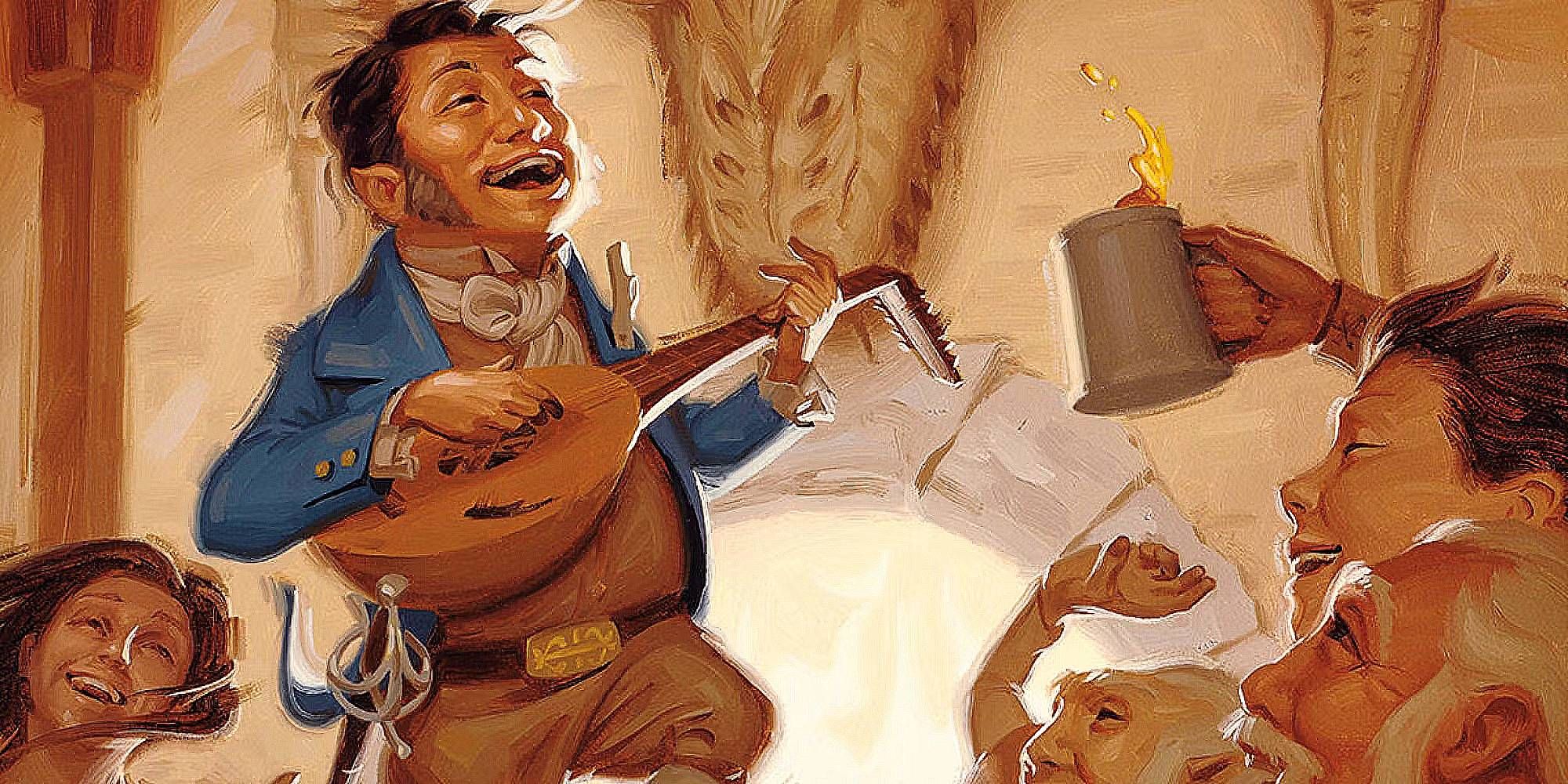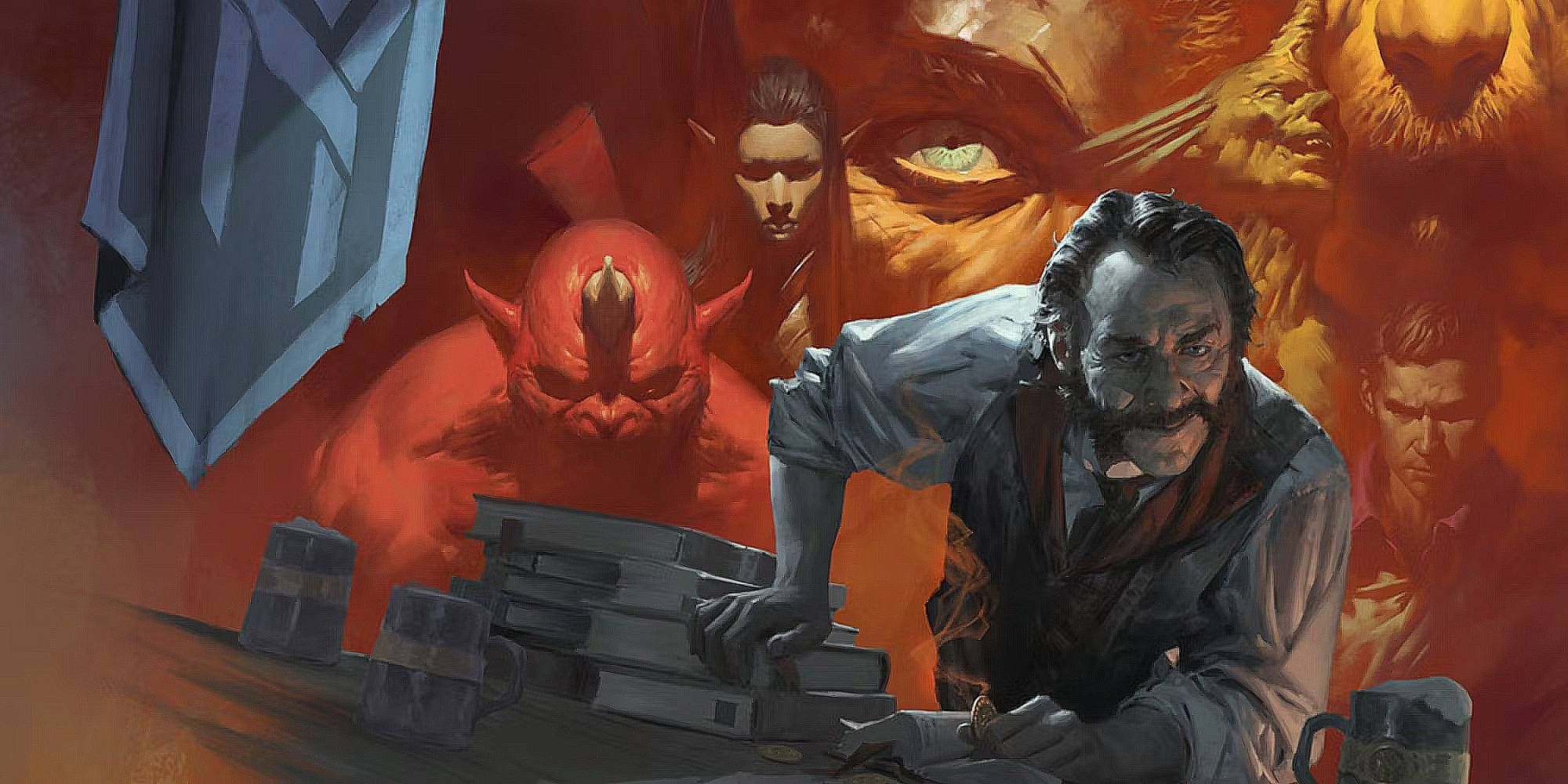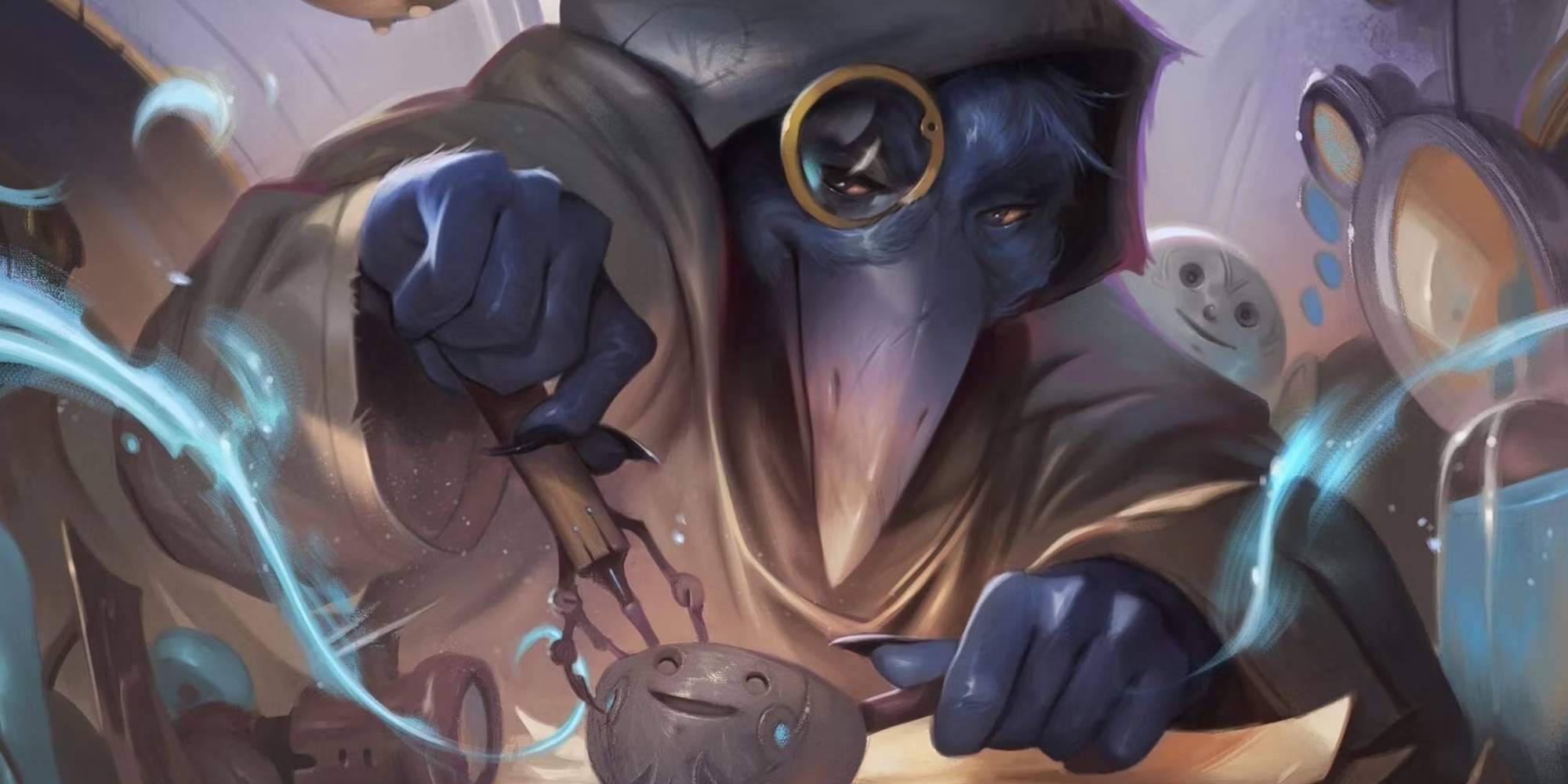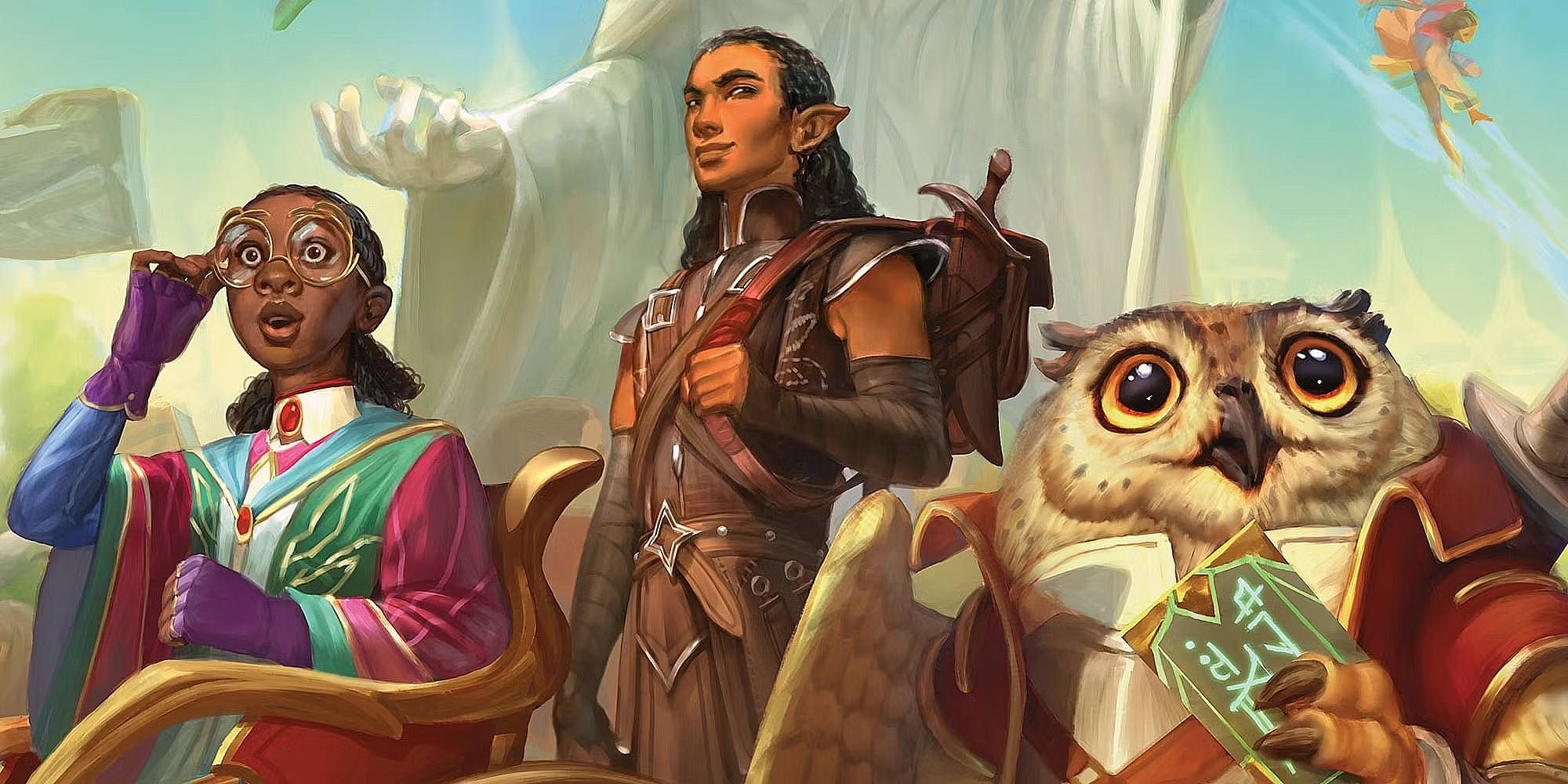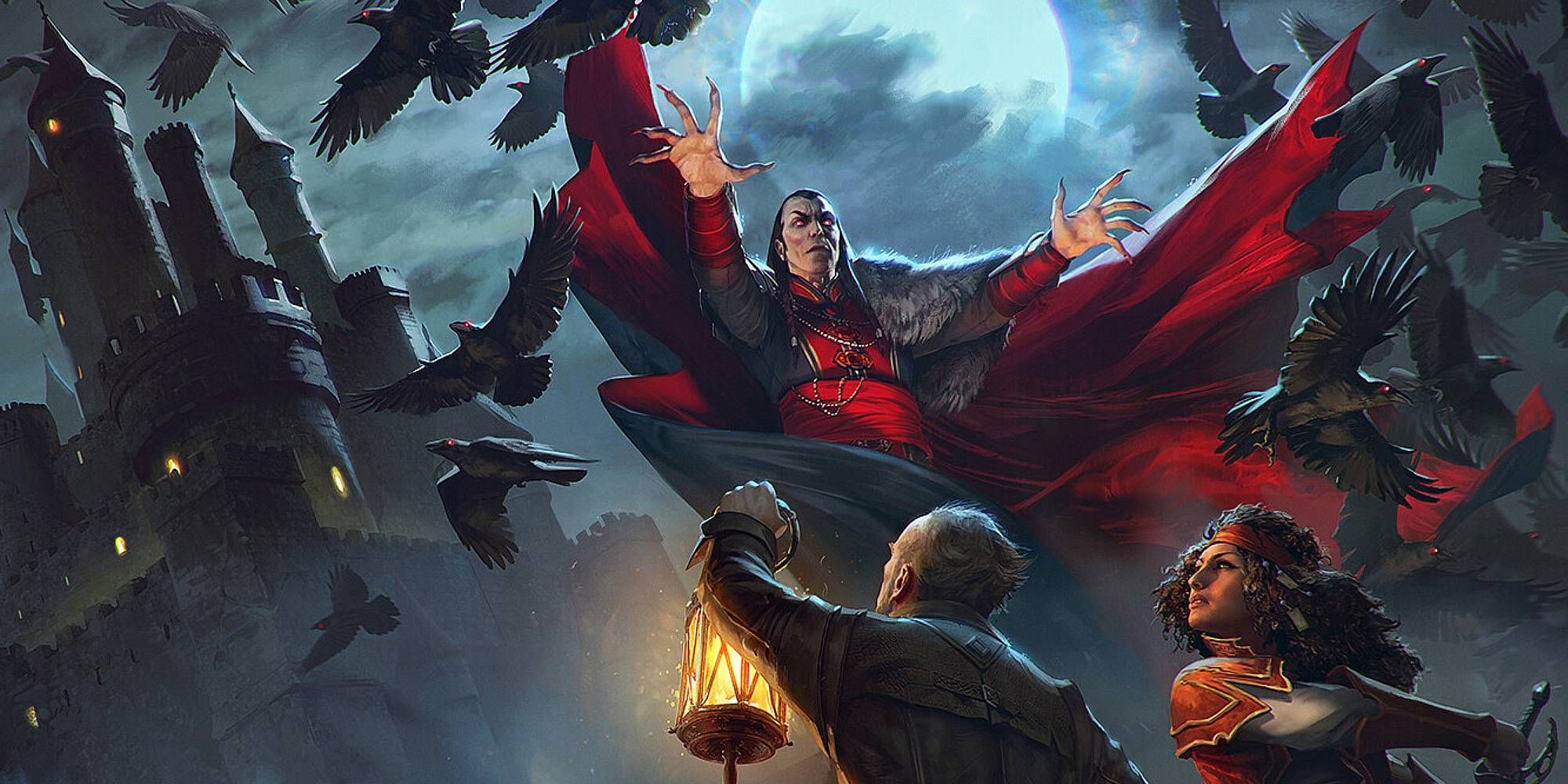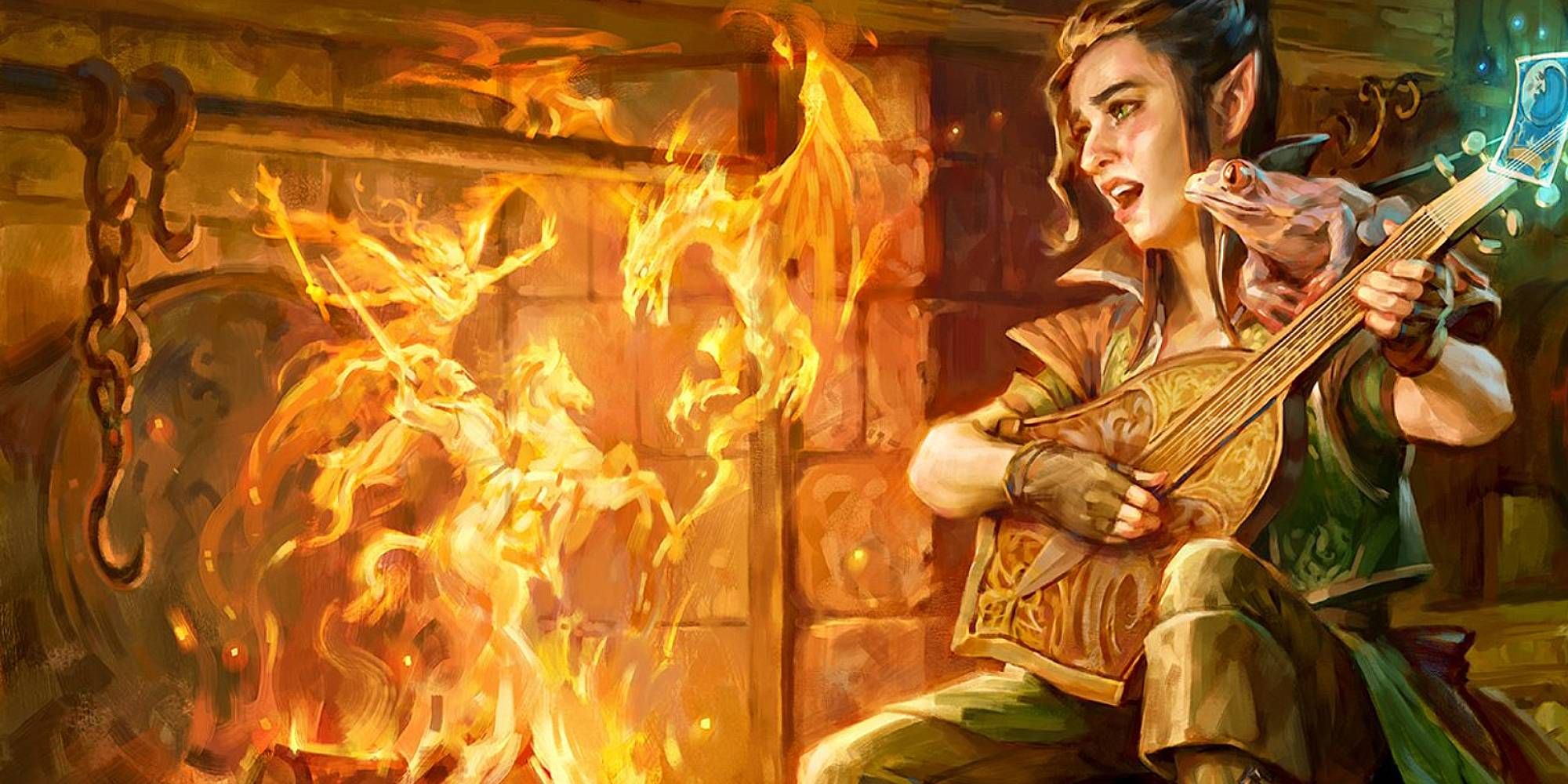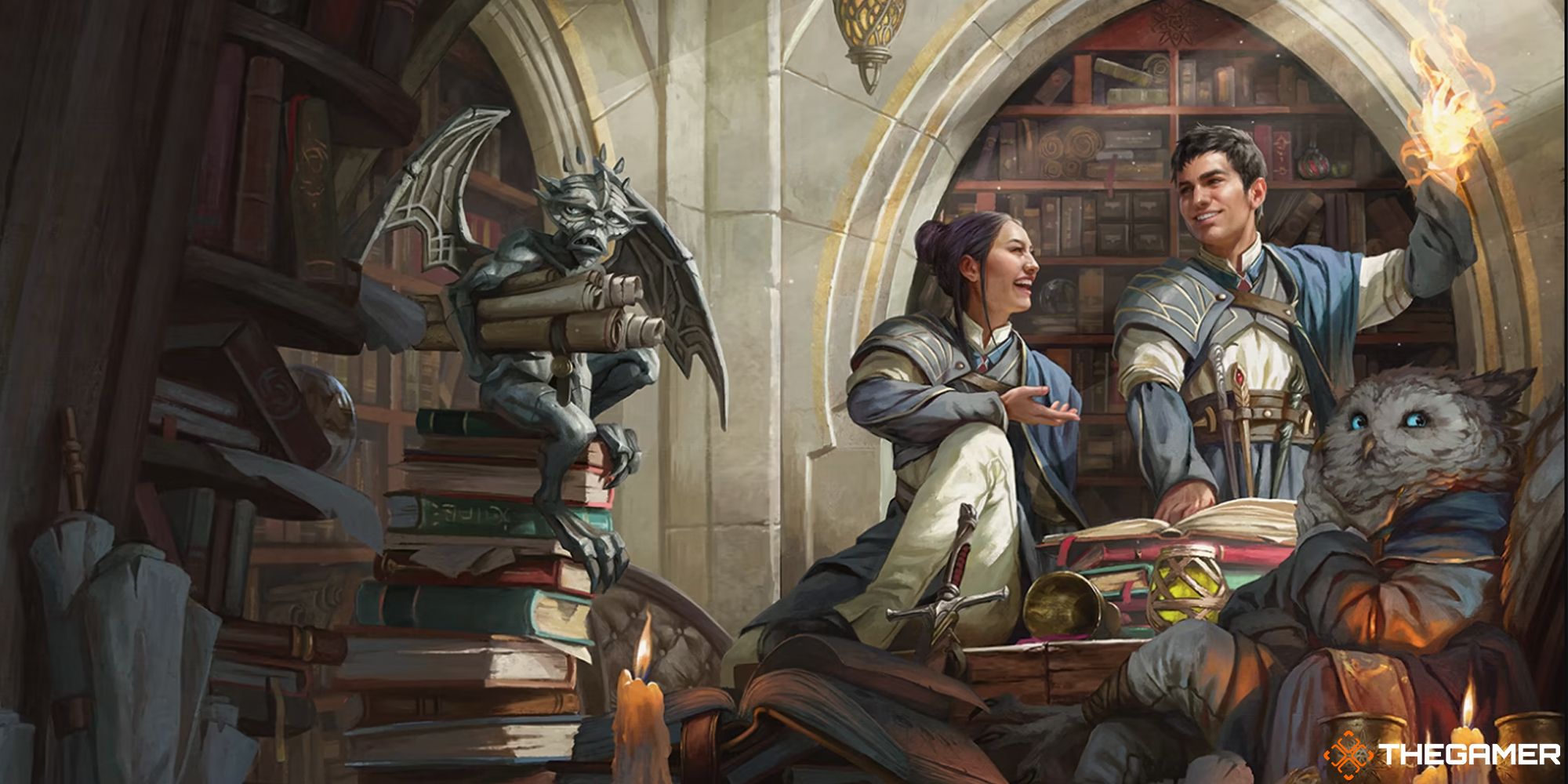In Dungeons & Dragons, if you're a Dungeon Master then you will likely have to do a lot of things when it comes to NPCs, including their voices. Even if you're not a DM, a player can voice their characters, and it can be pretty intimidating especially if you feel like you can't even do a basic accent, let alone doing an entirely different voice. But don't worry, as scary as this can be, it's also a relatable feeling that many people have gone through before.
After all, people don't just wake up and suddenly know how to do eccentric voices. People who do voices for their characters practice and there are a few tips to help you get started on your journey of adding a little bit of vocal flair to your game.
8 Confidence Is Key
Before you begin learning this skill, you have to understand that confidence is key. This isn't our way of hyping you up, so you don't feel discouraged, but confidence also plays a pretty big part in your voicing.
After all, if you're nervous then that can come across in your voice and set the wrong mood for the type of character you can play. So make sure that you work on building up your confidence by confiding in friends about how you feel, so they can support you and practice.
7 Start With The Basic Accents
Let's start with the more basic accents, this can be a generic American accent, a posh British voice, and perhaps something like a French accent or even a Texan voice. Instead of worrying about the different details of these voices, just try to do these more noticeable accents, so you're comfortable switching voices.
They're also easier to do and easier to remember for your NPCs especially important ones like your dastardly villains.
6 Think Of The Weight
Now think of the weight of the voice you want to try. For example, when you're doing a posh British accent of a noble, is the voice going to be strong and heavy? Or perhaps are they more airy and soft-spoken?
The weight of the voice is one of the simplest aspects to change whether it's heavy, neutral, airy, raspy, or more. This can already start to change the voice no matter the accent and have you think about these details in the voice.
5 Work On The Timing
Timing can be everything, especially for voice work. You may think this is just about how quickly someone says their words and that can be part of it, but it's more so the enunciation of words. A voice can be gliding, going over some words smoothly yet slowly.
Other voices can be stabbing, very punctuated, and having words being spat out. This will further add some nice texture to the voices you do and is something that will make the voices of the NPCs a lot more unique.
4 Practice Makes Perfect
It cannot be overstated enough just how much you will need to practice. The best way to go about doing voice work is to talk to yourself out loud whenever you're at home.
You can try to read stuff you see online aloud in a certain way, thinking of how a character would read it, or just speak to yourself whenever you're doing chores around the house.
Practice not only helps you actually know how you'll be doing different voices for your next session, but it will also help with your vocal range and your confidence as a DM. As we said before, confidence is key, and the more comfortable you get with trying to employ different voices, the better.
3 Change Your Body Language
This may sound a little strange at first, but you should figure out the body language of the character you're playing as they're speaking. Body language can affect your voice quite a bit and be a great way to get further into character, so you can feel more confident in using your voice.
It also can help remind you what kind of voice you should be doing for this particular NPC. This is also a great way to make your character unique as a player if you're around the table, benefitting your roleplay.
2 Quirks In The Voice
An often overlooked detail when it comes to voicing NPCs is the actual quirks in a voice. Two people can grow up in the same household knowing the same language with the same people around them and still sound different. A lot of the time this can be due to quirks in the voice.
For example, does the character you're voicing use or repeat a certain word a lot? Do they mispronounce words commonly? What kind of language do they use? Do they curse a lot? These are all questions you can answer to further flesh out a character's speech pattern.
1 Practice A Language
Thanks to the internet and apps like Duolingo, trying to learn another language has never been easier. But the benefit of learning another language is that oftentimes you will naturally speak with a slightly different accent when speaking the language in order to better pronounce the words.
Learning a different language can be a great way to regularly practice talking differently and learning how to employ a different accent to use when voicing a character. You can also just use it for accents that you can already do in order to make them sound a bit more genuine too.


